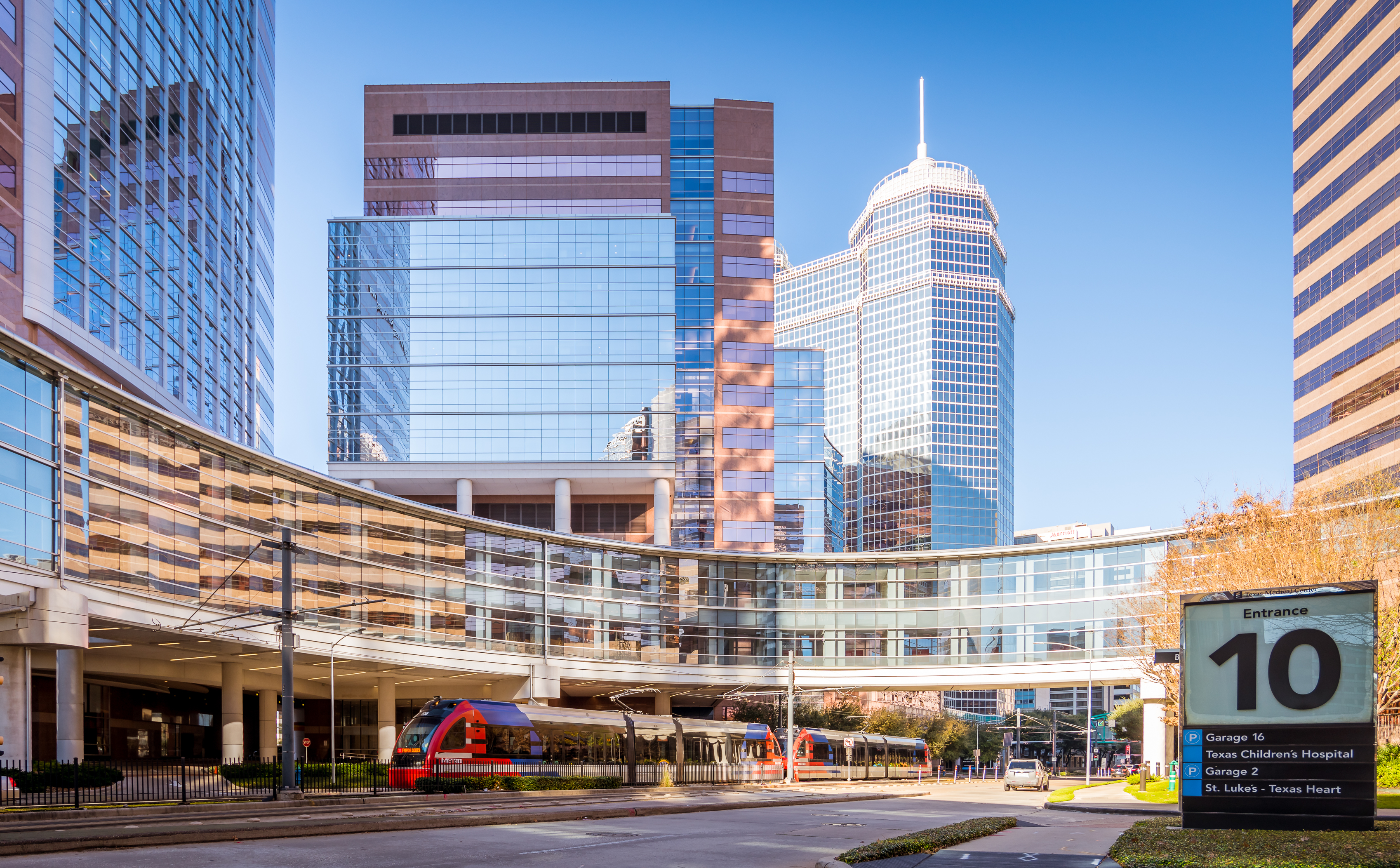The Fundamentals for Reopening Houston Safely
Published Apr 29, 2020 by Sophia Guevara
Texas has started the gradual process of reopening the economy with the announcement this week of Governor Abbott’s Report to Open Texas. To prepare for the region’s reopening, the Greater Houston Partnership convened over 80 Houston regional business and community leaders through a series of working group meetings between April 23rd and 27th to define how Houston can reopen the economy safely, sustainably and successfully. The working group members represented businesses both large and small, from across the region and spanning key industry sectors.
Eight working groups were organized:
- High Touch / Customer Facing: Restaurant/food services, Retail, Entertainment
- Industrial: Energy, Power, Construction, Manufacturing
- Office Workers / Knowledge Workers: IT/Information, Finance Accounting, Legal, Investment, Professional Services
- Health Care
- Logistics / Transportation: Trucking, Rail, Port, Transit, Warehouse
- Small Business
- Education: K-12, Higher Education
- Social Services/Child Care/Faith Community
Before the groups met, the Partnership surveyed business owners to gauge their needs to reopen. Key results are available here.
The key takeaways from the Reopen Houston Safely working groups were:
- Set a Balanced Tone: A phased increase in economic activity must be balanced with public health considerations.
- Throughout this crisis, state, local and business leaders have been led by public health considerations, and it is clear those considerations are still paramount.
- The State’s announcement of the formation of a statewide testing and tracing program is encouraging. As local public health authorities begin standing up an enhanced testing and tracing program, it is important for the state to provide a coordinated framework and support.
- Recognize Houston’s Economic Diversity: Houston will reopen safely across industries, business size, and risk profiles of work environments through strategies appropriate to each sector.
- May 1st will mark the start of a gradual reopening.
- Essential Businesses have continued operations throughout this crisis and have learned how to implement necessary measures to protect their employees and customers.
- Small Businesses and other employers granted permission from the state to reopen may begin to return to work, however, many will monitor the performance of other industry members, COVID-19 infection rate reductions and improvements in testing, before returning to work.
- It is unlikely that Office / Knowledge workers, particularly those who operate in Industrial or Essential Businesses, will return to work in the first phase of reopening, because they are productive at home.
- Acknowledge the Role of Business: Now that Phase One of the State’s reopening plan has been announced, there is urgency within the business community to adopt Work Safe measures and building employee and consumer confidence.
- The business community understands that working safe is critical to ensuring employees’ and consumers’ confidence as Houston reopens.
- Across all working groups, employers expressed a responsibility to enact safeguards, including those related to sanitation, PPE, and to support testing, tracing and isolation.
- There is an opportunity for Essential Businesses who have operated safely, sustainably and successfully to provide key learnings for high touch businesses, small businesses, education and social services regarding accessing supply chains to procure resources needed to comply with official safeguards. Much of that coordination is ongoing.
- There is an incredible motivation for the Houston regional business community to “get it right” and reopen safely so that the economy can continue to recover.
- Make Coordination a Priority: Between all stakeholders, working group members identified the importance of speaking with a unified, clear and consistent public voice.
- As Houston works to build employee and consumer confidence, a unified, clear and consistent public voice will help the economy recover safely. The Partnership is committed to working on behalf of the business community and other stakeholders to develop resources for businesses and to provide policy recommendations focused on the steps needed to reopen Houston.
- Consider Access and Equity: Working groups considered access and equity for all Houstonians and prioritized considerations related to vulnerable populations.
- While Social Services have operated during this crisis, their budgets and fundraising efforts have been stressed while the community’s needs for their services have increased.
- Most employers’ decision to return employees to work will be impacted by access to child care and education. Reopening child care will occur in phases, and educators must address challenges related to parents’ and teachers’ safety, PPE and sanitation supplies, and social distancing.
- In Higher Education, the transition from online to in-person classes will be gradual and will focus on COVID-19 risk and vulnerable populations.
- In Transportation, employers recognized that employees not only need to work safe but also travel between work safely. As Houston reopens, COVID-19 mitigation measures must address increases in public transit ridership.
- Prepare for the Long Term: Working group members recognize the “new normal” in which Houston will operate until a vaccine is available.
- A successful Phase One of reopening will reduce infections, maintain Essential operations, drive small businesses’ return to work, and ensure consumer and employee confidence.
 The Houston Report
The Houston Report




















